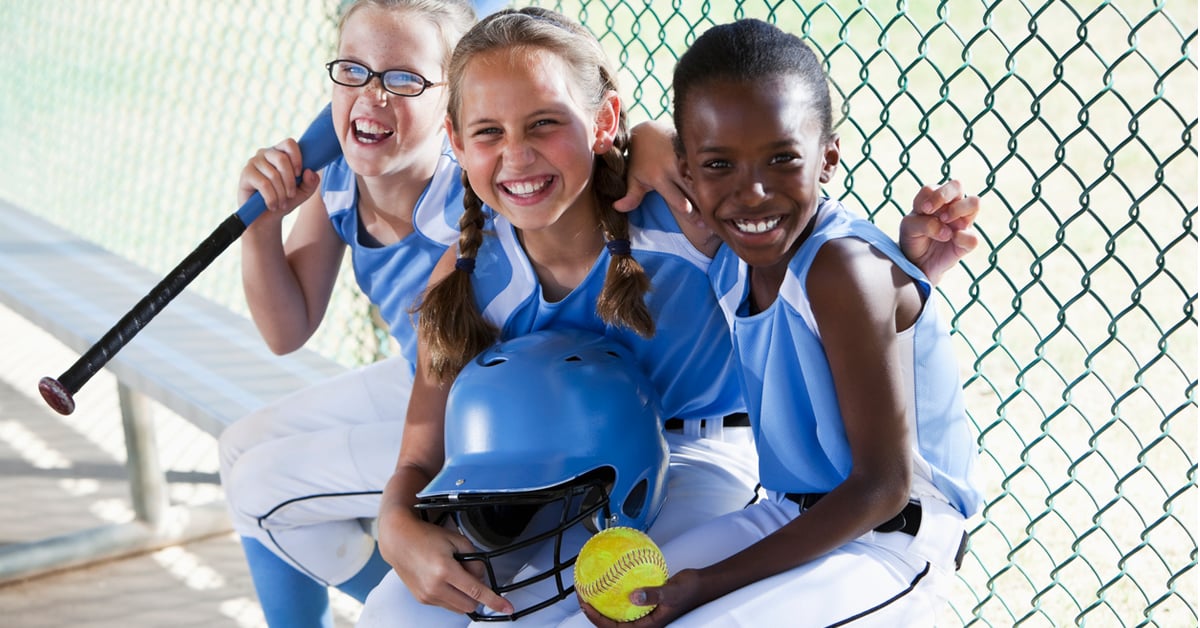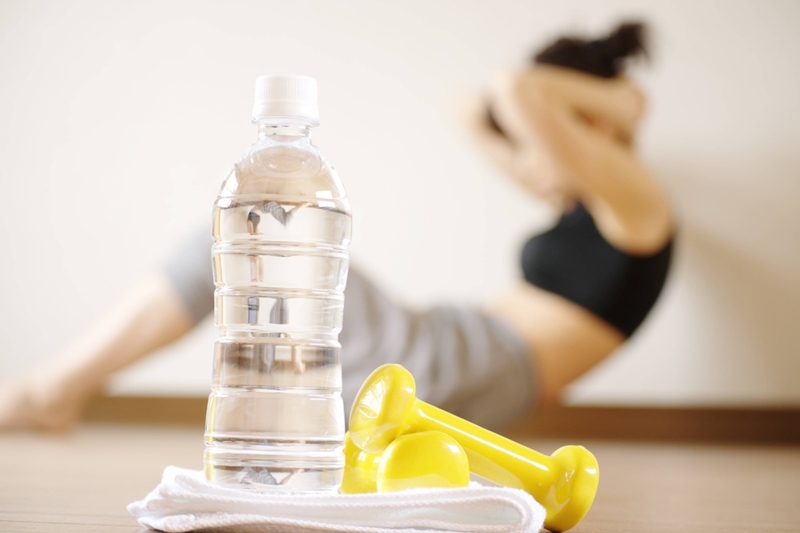
Swimming, baseball, football and basketball are all popular summer sports. With the season about to begin, many athletes have already been training to maximize their performance level. While running and stretching may be regular aspects of the conditioning regimen, there's one element many active individuals may forget about - oral health.
A study published in the British Journal of Sports Medicine evaluated 302 athletes from the 2012 Olympics and involved an oral health check up of each participant.1 The athletes also gave a personal assessment of how their oral health affected their quality of life and athletic training and performance. The dental evaluation revealed the majority of the athletes had dental caries or gingivitis. As far as their own perspective, 42 percent of participants said oral health issues bothered them, 28 percent reported the issues affected their quality of life and 18 percent said poor dental health negatively affects their training and performance. This dissatisfaction with life quality and athletic performance may stem from the pain and irritation oral health problems cause.
Unfortunately, many behaviors and eating and drinking habits commonly associated with athletes increase their risk of developing dental health issues. Find out how active individuals can change their behavior for the better and enhance their athletic performance:
Take a rest
Sports training often involves a lot of cardio, such as running. According to a study published in the the Scandinavian Journal of Medicine in Science and Sports, cardio exercises significantly decrease the amount of saliva your mouth produces.2
Without enough saliva, athletes can experience dry mouth. Beyond just difficulties in tasting, chewing and swallowing, dry mouth can also increase your risk for dental decay and mouth infections.3 When sugar or carbohydrates are consumed and mix with plaque, acid is created, and it attacks your teeth. Saliva helps regulate the acid level to protect them when you eat. However, dry mouth takes away this defense.
 Always have water on hand when you work out to stay hydrated and protect your teeth.
Always have water on hand when you work out to stay hydrated and protect your teeth.While avoiding conditioning isn't practical for athletes, they should remember not to push themselves too hard. Excessive cardio workouts not only overheat the body in the hot summer months, but they also increase the chance of getting dry mouth. Active individuals should also drink plenty of fluids to stay hydrated and replace the saliva.
Stick to water
Everyone develops plaque, a clear, sticky film on the teeth. The sugar and carbohydrates in sports drinks react with the bacteria in plaque to create acid, which attacks your teeth.4 Additionally, the acid gets further pushed against your teeth because of the plaque's stickiness. This chain of events in the mouth can lead to cavities and tooth decay.
Drinking sugary fluids after a workout is doubly detrimental because not only are you creating acid in your mouth, but there is less saliva to protect your teeth. Grab a water bottle instead. By choosing a beverage that doesn't have sugars and carbohydrates, you get the benefits of hydration without the disadvantages of acid.
"Brush two to three times a day, and floss once a day."
Make oral care part of training
Because active individuals are at a higher risk for developing dental health problems, a proper, daily oral hygiene regimen is crucial for reducing the risk of cavities and decay that may hinder athletic performance. It's important to remove those sugars and plaque to compensate for the extra buildup.
Brush two to three times a day, and floss once a day. Athletes may want to brush their teeth before a workout as well, since the saliva won't be able to protect them from acid attacks. Brushing should be completed with a soft-bristle tooth brush and fluoride toothpaste. Additionally, athletes should see their dentists twice a year or more often if necessary.
For those playing sports this summer, remember to make dental health part of your training routine so you can score a winning smile.
1. "Oral health and impact on performance of athletes participating in the London 2012 Olympic Games: a cross-sectional study," by I. Needleman, et. al., British Journal of Sports Medicine, Sep. 24, 2013.
2. "Effect of endurance training on dental erosion, caries, and saliva," by C. Frese, et. al., Scandinavian Journal of Medicine in Science and Sports.
3. "What Are the Effects of Sugar on Teeth?" Colgate.
